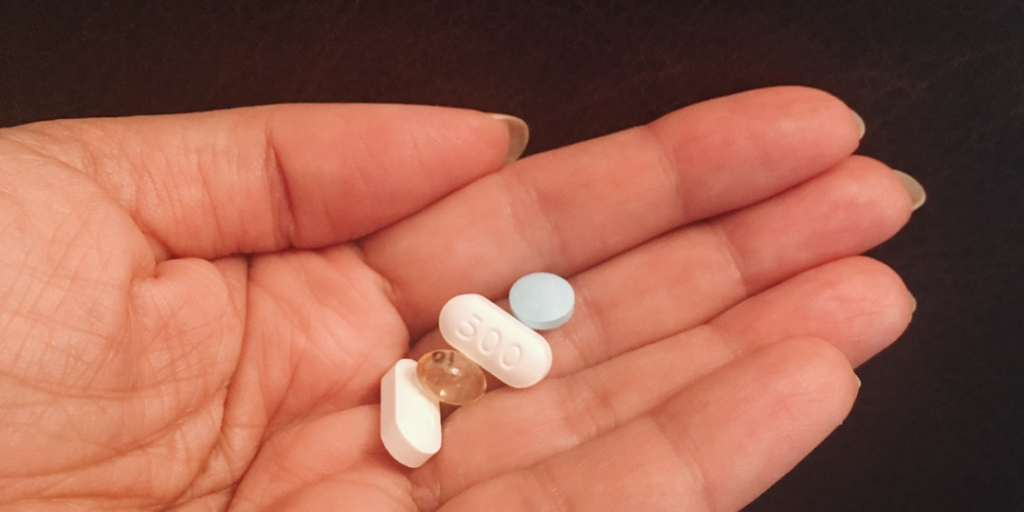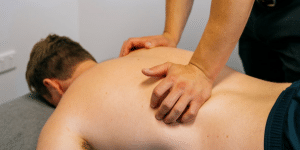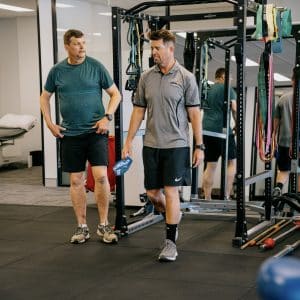Harnessing the Placebo Effect : Part II

Despite containing nothing at all that will improve health, placebos have been shown time and again to be effective for managing pain and alleviating symptoms in Parkinson’s disease, osteoarthritis, depression and irritable bowel syndrome. Our thoughts, our beliefs and our expectations all contribute to our body’s chemical response and have far reaching effects on our health (click below to read Part 1: The Power of Placebo).
Learn More: The Power of Placebo: Part 1
For most of us, diet and exercise are the two most important factors influencing our health. Imagine if we could harness the power of the placebo to improve our eating and exercise patterns. Well, read on. Applying placebo science to our own lifestyles has the potential for great benefit.
The placebo effect and sports performance
Athletes can be highly superstitious about training and competition rituals which appear to have no impact on performance. For example, basketball superstar Michael Jordan always wore his North Carolina college shorts under his Chicago Bulls uniform. Two of the greatest tennis players of all time are obsessive about their rituals. Serena Williams bounces the ball five times before her first serve and twice before her second. Rafael Nadal’s water bottles must be lined up, with the labels facing the baseline he is playing from. Other athletes may wear ‘lucky’ jewellery or even get dressed in exactly the same sequence each time. Athletes often believe strongly that rituals must be done or they will not perform well. In fact, Serena Williams claims that some of her major losses have been due to not executing her rituals properly. Rituals, while not directly impacting on performance, are a cognitive mechanism that can reduce anxiety and help focus on the competition. A form of placebo effect.

It is not uncommon for athletes to use substances or technologies that have no proven or clear physiological or mechanical basis. Any improvement would be described as a placebo effect. Sporting performance has improved in athletes who falsely believe that they had been administered anabolic steroids, or that they had ingested carbohydrate, caffeine or a hypothetical ‘new ergogenic’, or who believe they are using a respiratory training device. The British cycling team were given a placebo before a time trial, believing it to be performance-enhancing. During the time trial, more than half of them cycled faster, with one cyclist doing a personal best, despite them being influenced by nothing more than a powerful belief. A recent example is the use of ‘energy patches’ by NFL football players, who claimed to notice “an increase in my endurance and ran the best splits I have ever run. I also noticed an increase in overall cardio…, the patches just allow me to run more and run longer”. A great many sports supplements, if they improve performance at all, are likely to do so through psychological mechanisms, the placebo effect.
Food and the placebo effect
When we look at diet, there have been some interesting findings. A 2011 study showed that the physical effects of food depend on how caloric or indulgent it is in a person’s mind. University students were told they were drinking either a decadent, creamy milkshake or a fat-free diet shake. In the students who thought they were drinking a decadent shake, ghrelin, the hormone that tells the brain you feel full, increased significantly. But for the students who were given the fat-free, diet version, their hunger satisfaction hormone increased just slightly. But as you may have guessed, all the participants were given the same drink. The first group believed they were getting a filling, decadent drink and felt fuller, while the diet shake group thought theirs was a ‘diet’ drink, so they felt less full.
Could we harness the placebo phenomena to positively impact our own health?
The fact that we can change our body’s chemical response through our thoughts, our beliefs and our expectations holds great promise for changing behaviour that strongly impacts our health – diet and exercise.
What might happen if we change some of our expectations and beliefs about our own health? If we expect that we can be more active or that we need less food to feel full.
Visualise this: You have been chosen to take part in a study investigating the effects of a tablet designed to give you the energy to do more exercise and eat better. What might you be able to change?
We can all do that experiment.
For more information, please contact us here or book an online appointment






